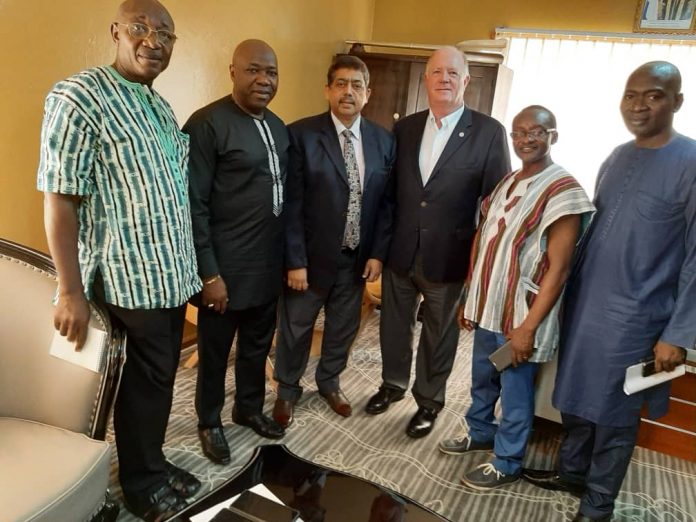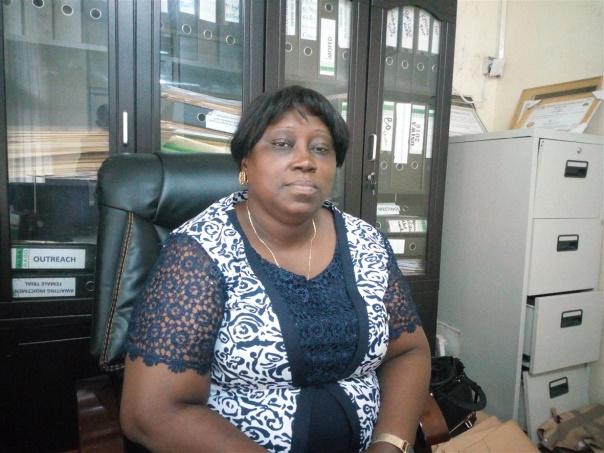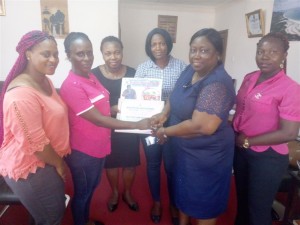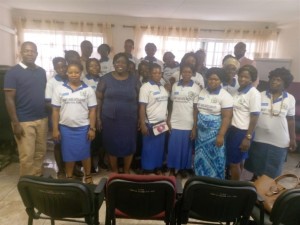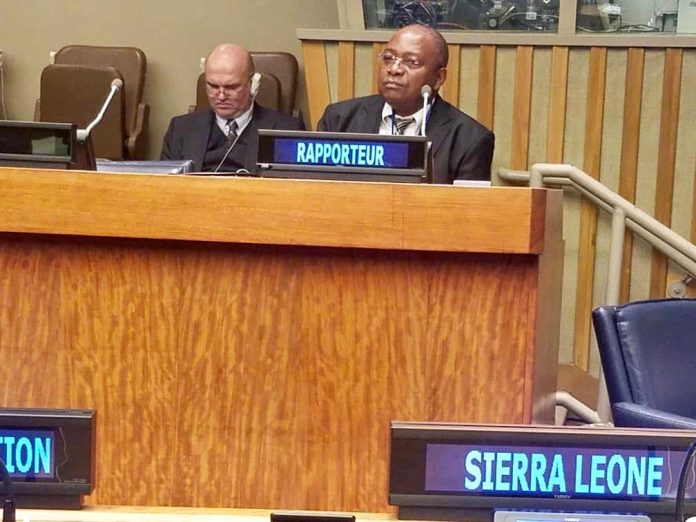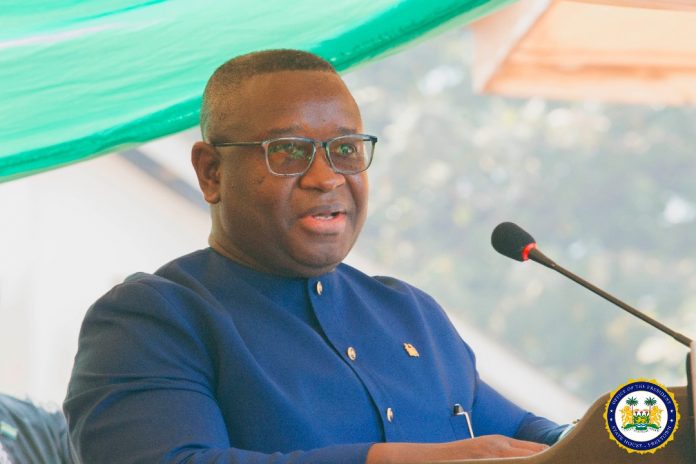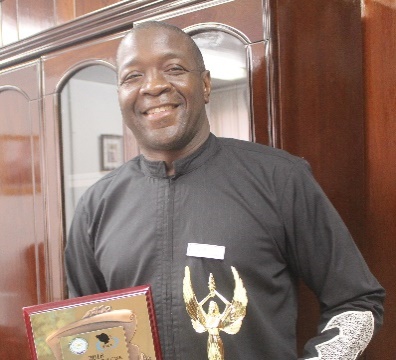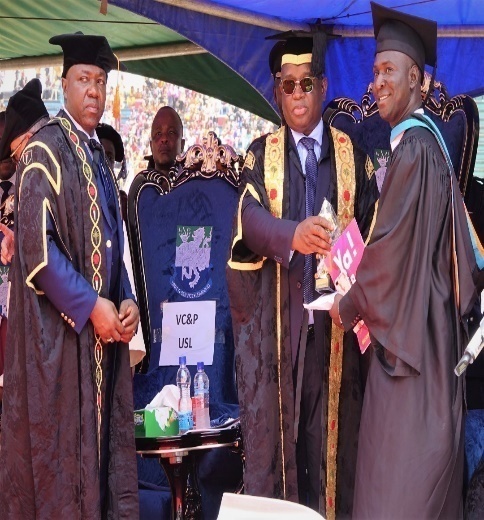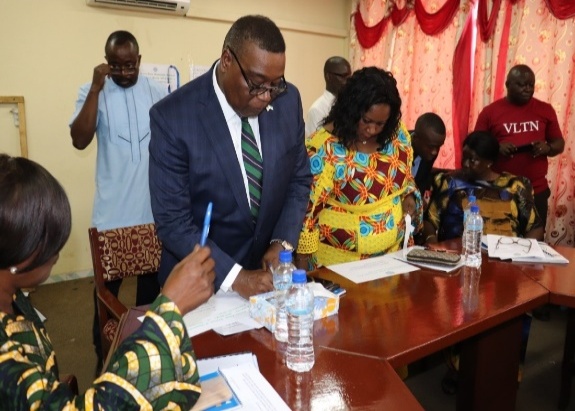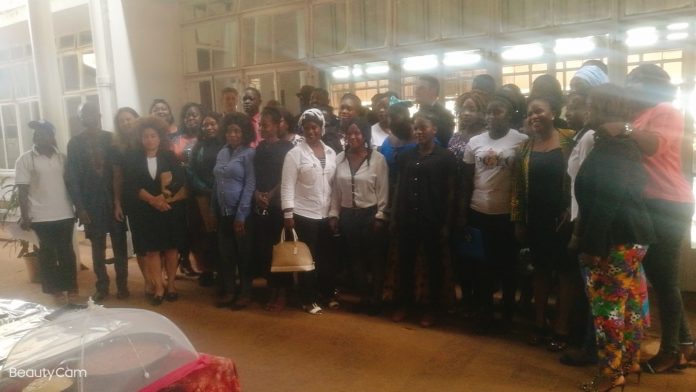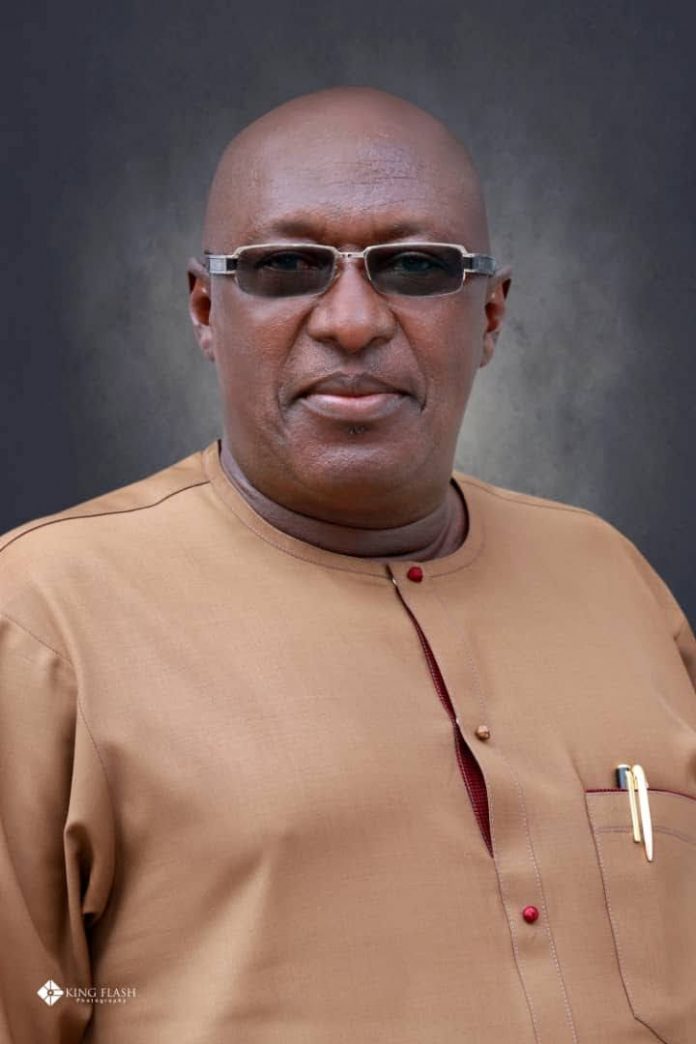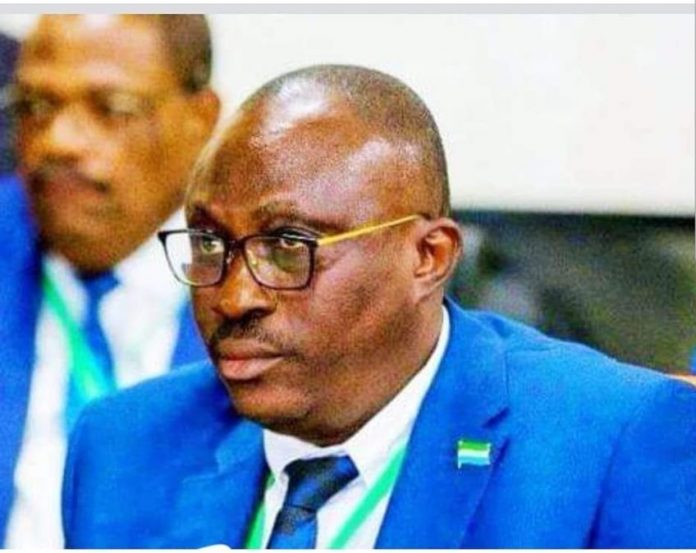By Foday Moriba Conteh
Professor Foday Sahr ,the Vice Chancellor and Principal of the University of Sierra Leone (USL) on the 28th February 2020 hosted a delegation from the United Nations Industrial Development Organization (UNIDO) to further discuss Quality Management capacity-building in Sierra Leone.
Head of Delegation, UNIDO’s Chief Technical Adviser, Dr. Shaukat H. Malik, noted that his organisation’s primary goal is to create a QMS awareness culture in Sierra Leone, develop a standard curriculum and train faculty members.
The UNIDO Consultant and Leader of ISO Joint Technical Coordination Group, Dr. Nigel Croft, noted that QM is a multi-disciplinary facetted programme and stressed that the curriculum will include management sciences, mathematics and statistics, IT, Social Studies and other subject areas. A key outcome of this initiative he said is “the bigger picture to establish a professional body or society for QMS in Sierra Leone, building links and partnerships with various international organisations and universities in the UK, USA and elsewhere”.
Dr. Malik explained that when he searched for the University of Sierra Leone on Google, he discovered that it was the first university in the West African sub region where nationals from other countries came to acquire higher education. He concluded that it would be a good thing and it would not come as a surprise if the University of Sierra Leone also becomes the first University in the sub region for the introduction of a Quality Management Systems curriculum.
The two UNIDO Officials concluded that by introducing Quality Management Systems training in the University of Sierra Leone, history would be repeating itself as nationals from the West Africa sub-region and other countries would be coming to Sierra Leone to benefit from gaining access to first class education.
Responding, Prof Foday Sahr expressed delight for this joint venture and all that has been achieved during this short period with the help and support of the Strategic Planning and QA Director, Mr David Gbao who will coordinate the project. Prof Sahr explained that the project was featured in his speech at the just concluded University Congregation and that the Minister of Technical and Higher Education is already keen to engage and support the implementation.
The Vice Chancellor and Principal assured the UNIDO Officials that the programme was timely and would receive the full support and cooperation of the University.
The UNIDO-USL capacity building initiative in Quality Management is part of UNIDO’s Africa Competitiveness Programme, which aims to stimulate Sierra Leone’s economic growth, boost the country’s private sector and generate new job opportunities. The goal is to strengthen institutional, technical and human resource capacities of national institutions to access reliable and efficient quality infrastructure services (QIS). The University has been enlisted by the agenda for training Quality Management professionals given its long history of delivering top class education.
The Director of Strategic Planning and Quality Assurance for USL, Mr David Gbao will lead the training project. Mr Gbao is an accomplished administrator and Project Management specialist who until June 2019 lived and worked in the UK. Mr Gbao hopes that further awareness training will be organised in April and May by International Experts and plans are already in place to link USL with world renowned universities and professional bodies for Quality Management.

